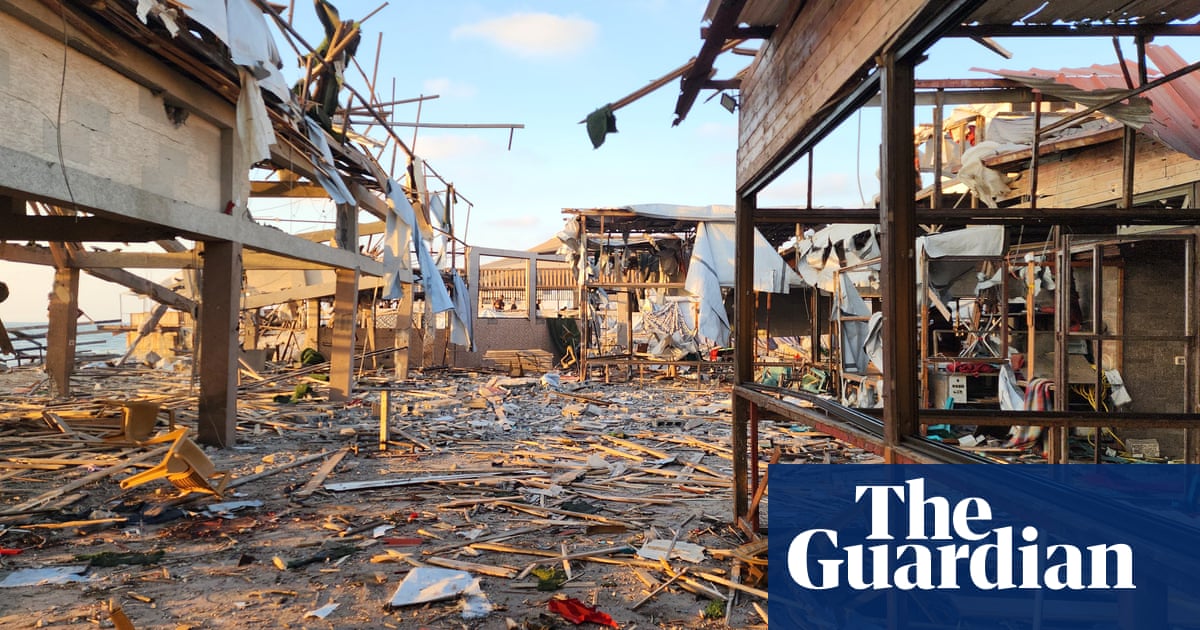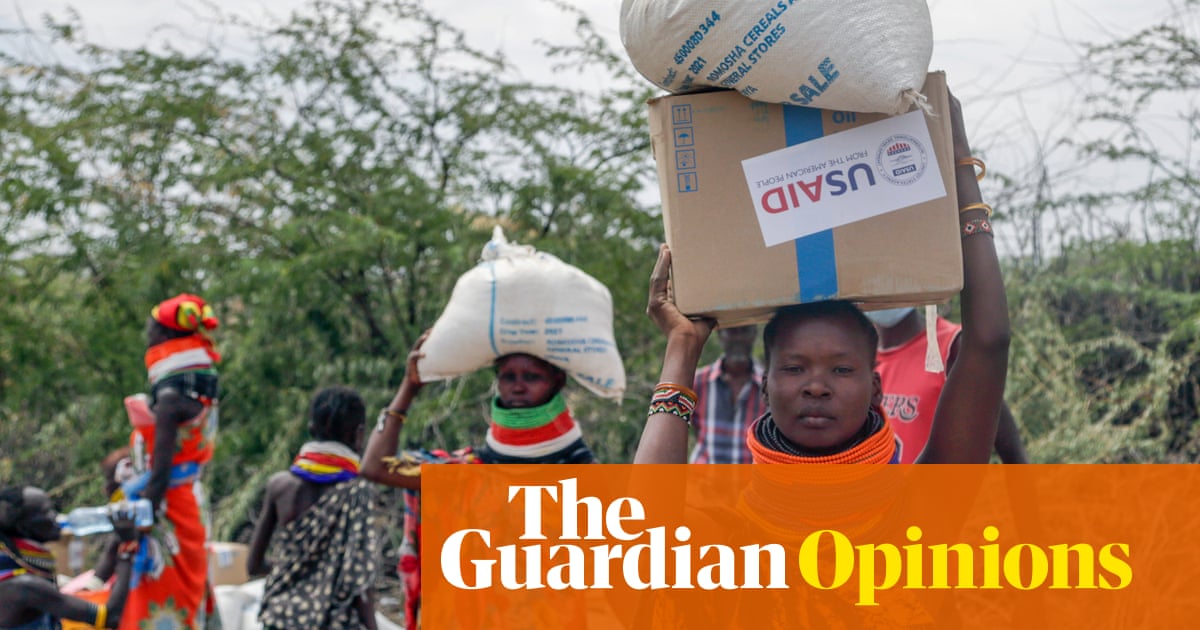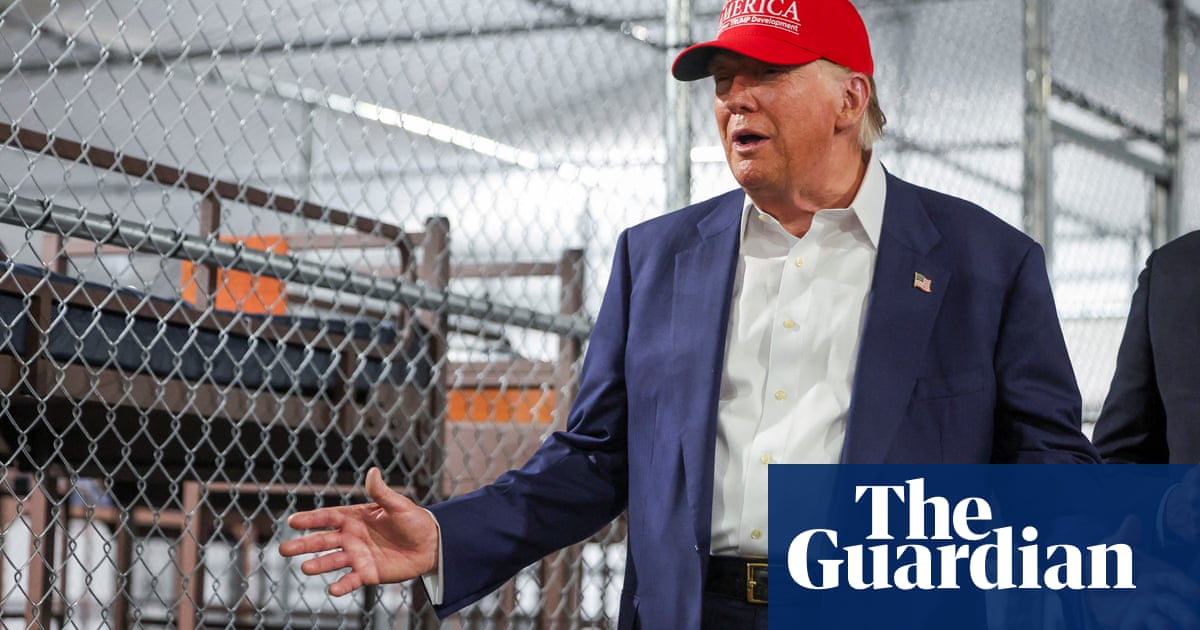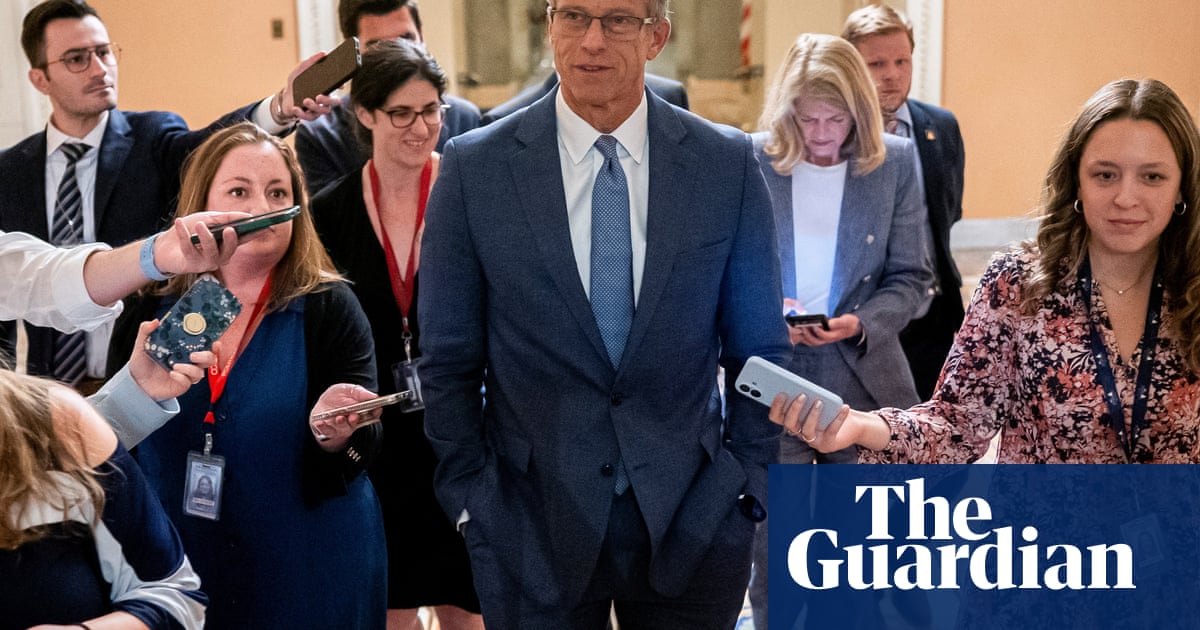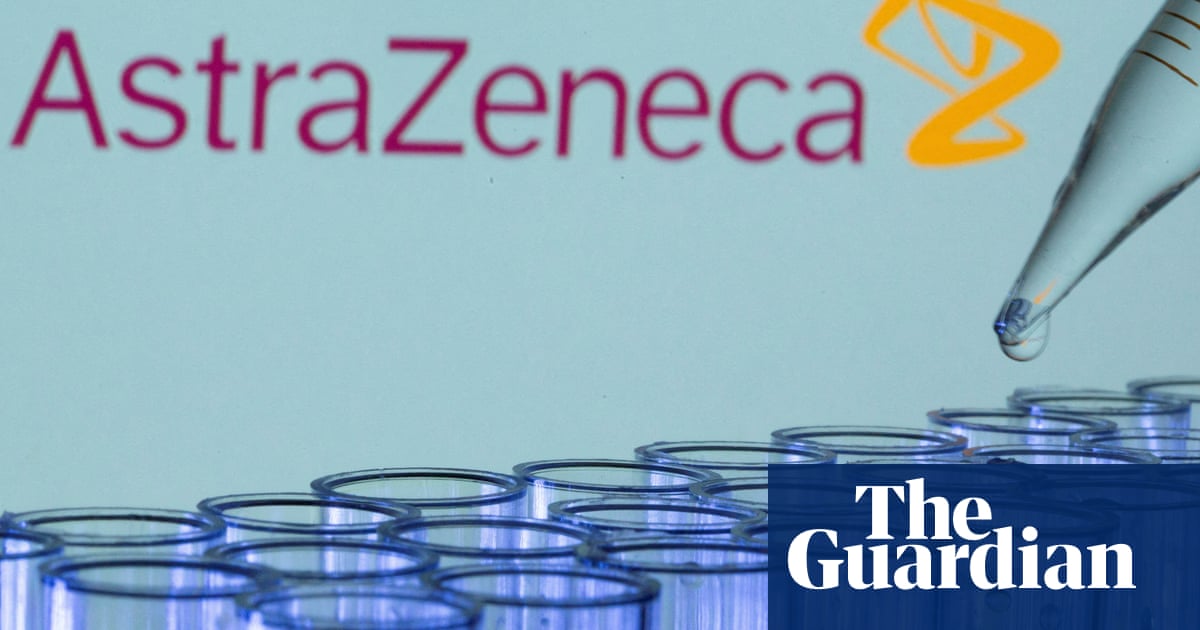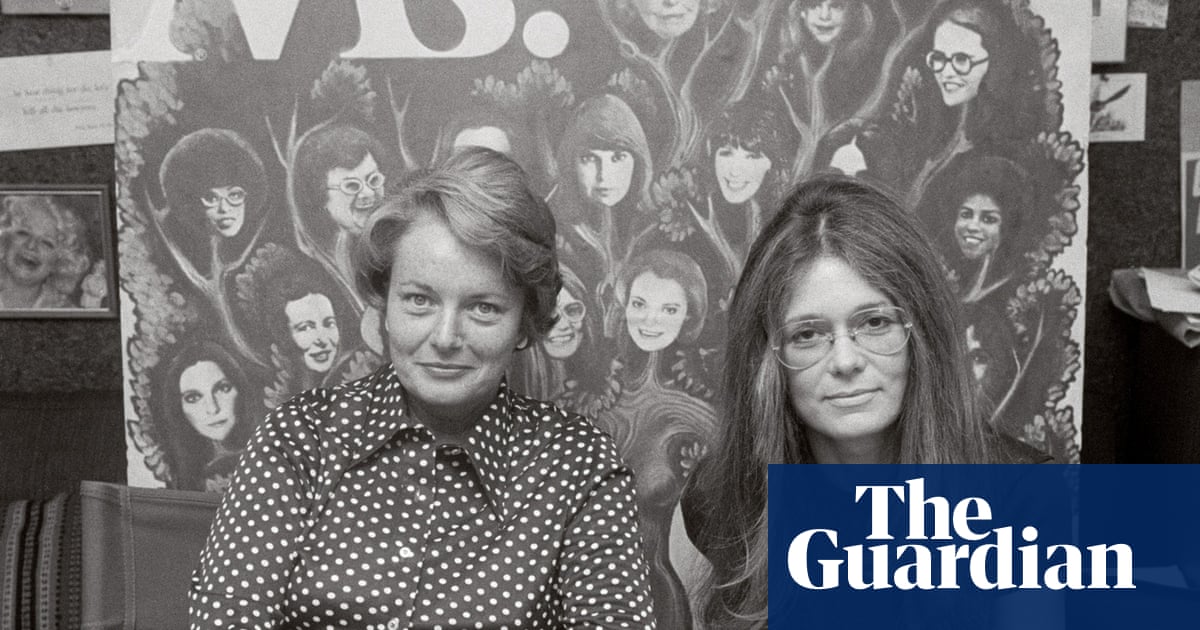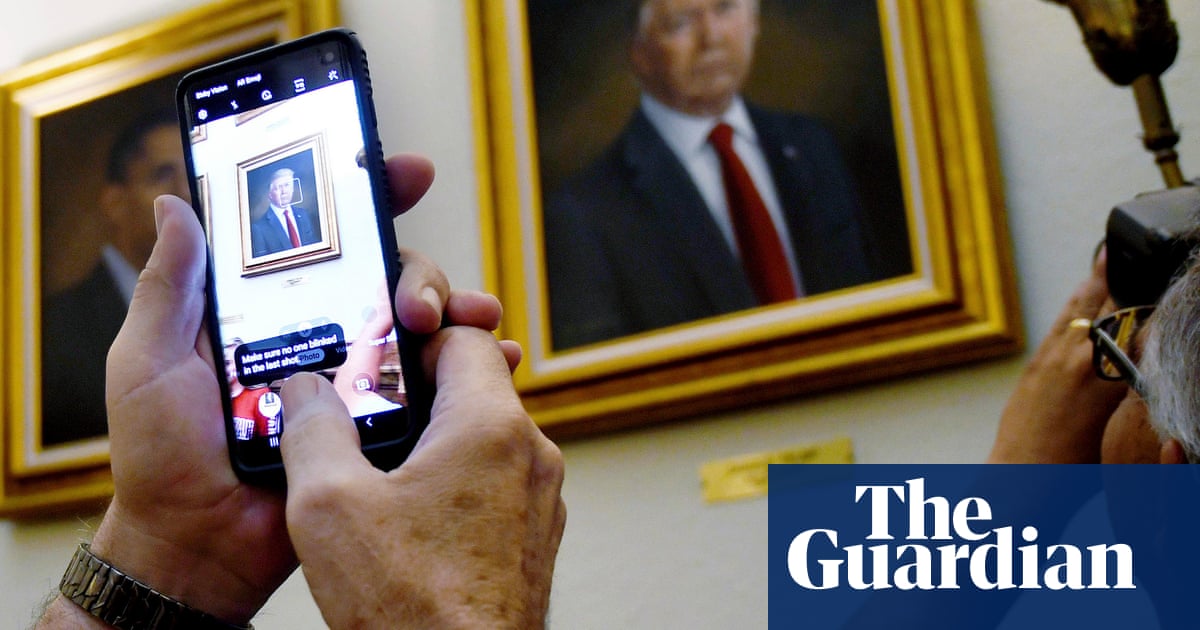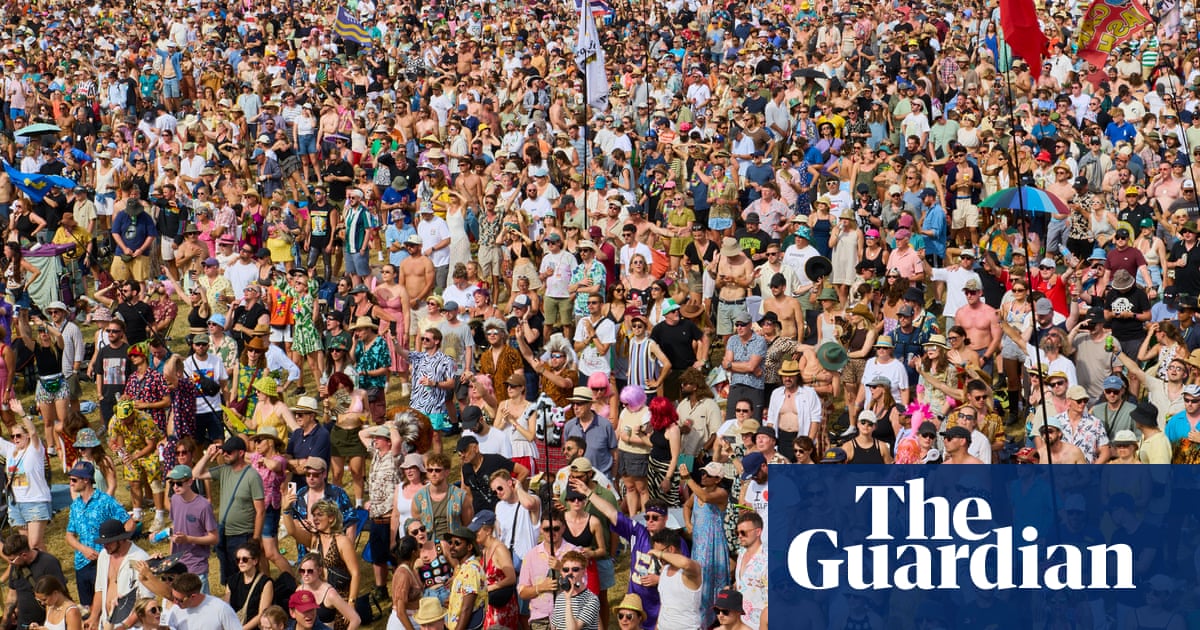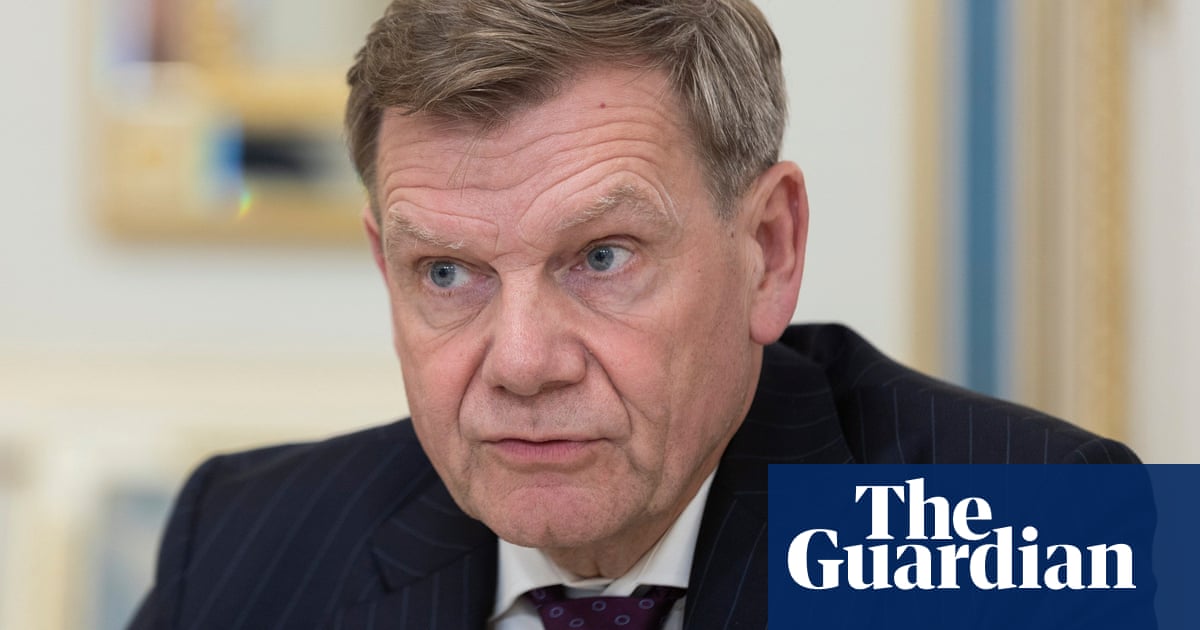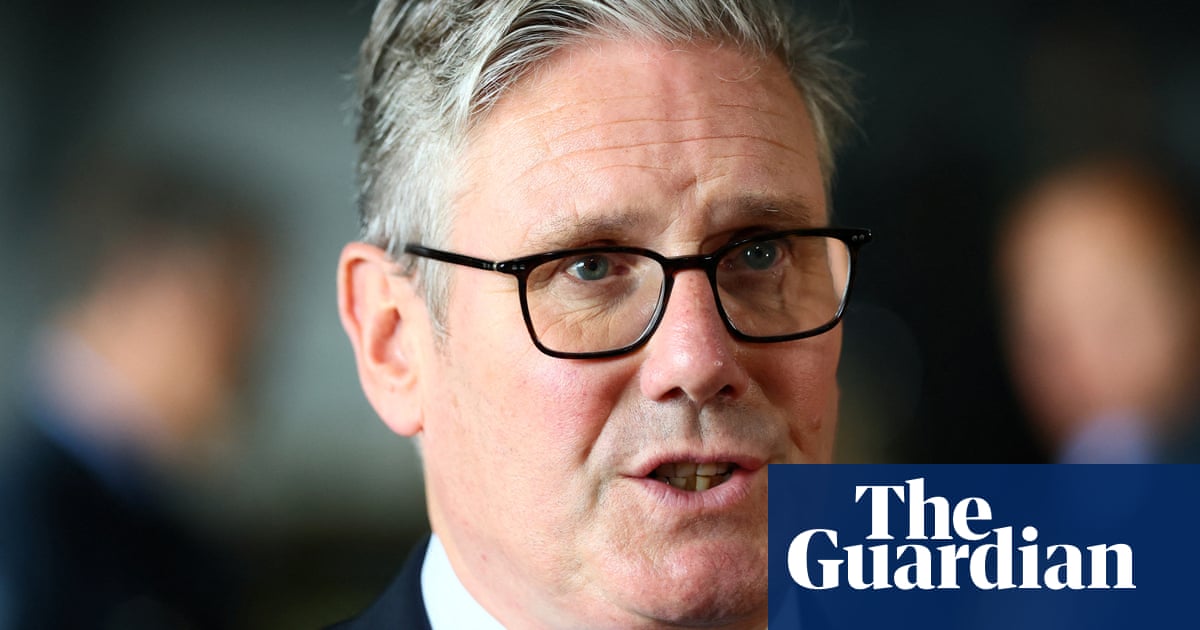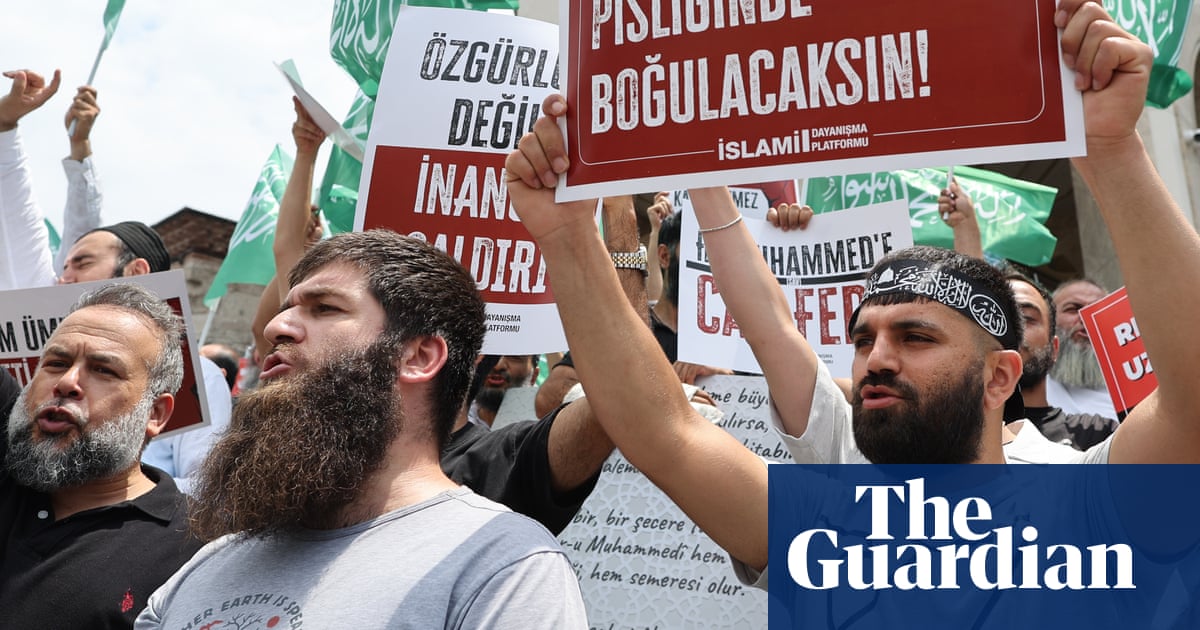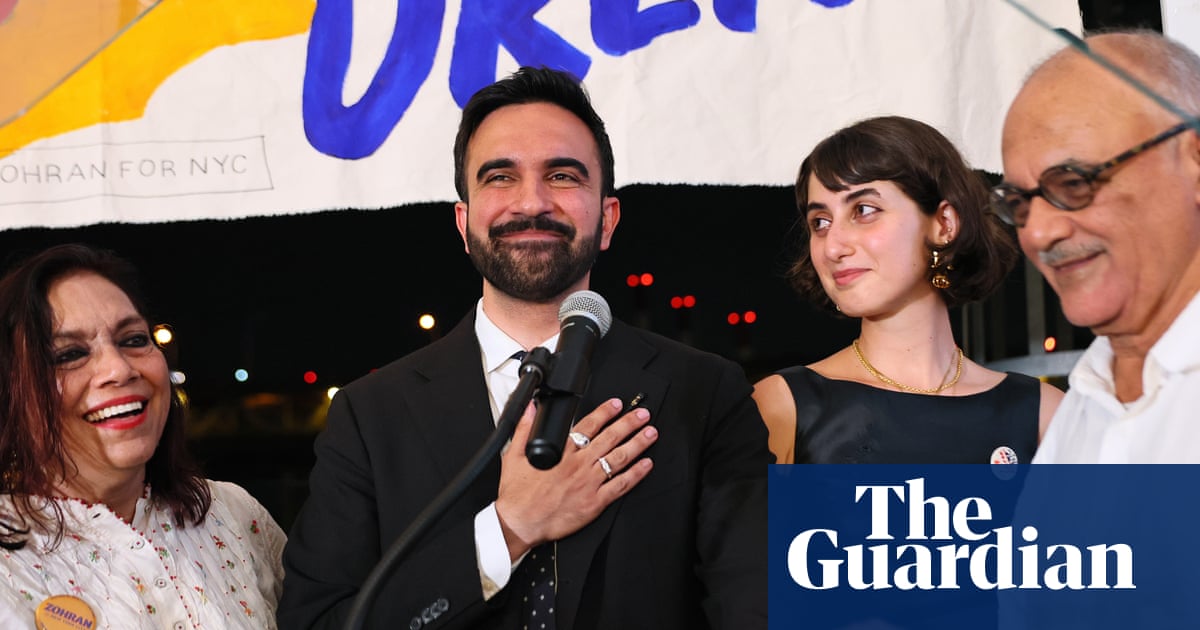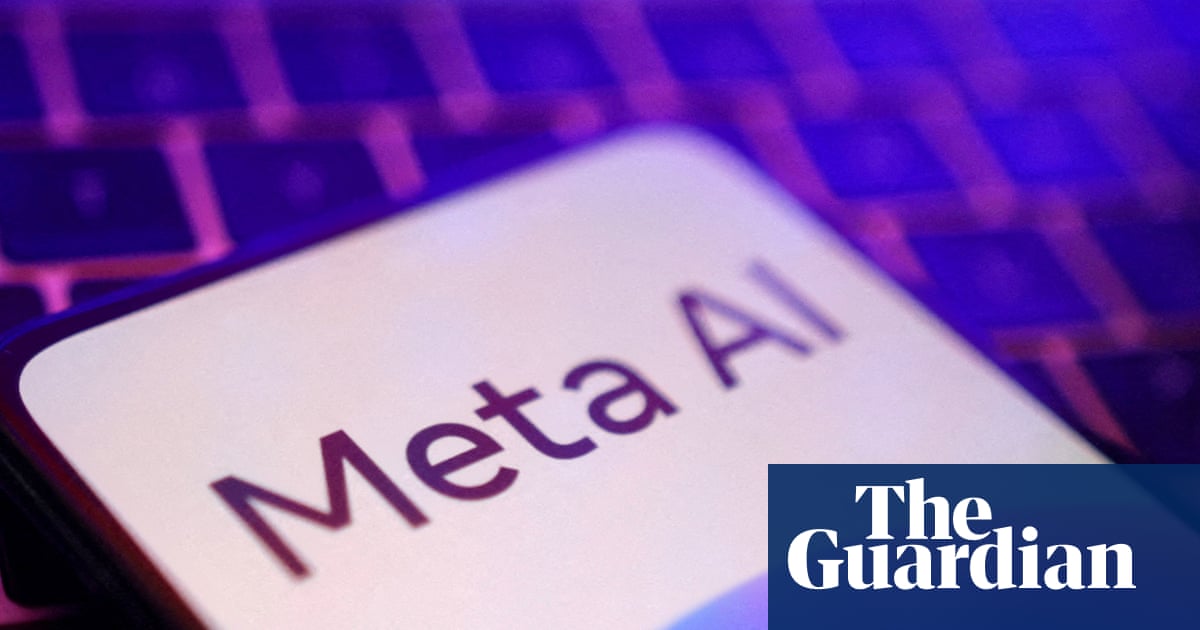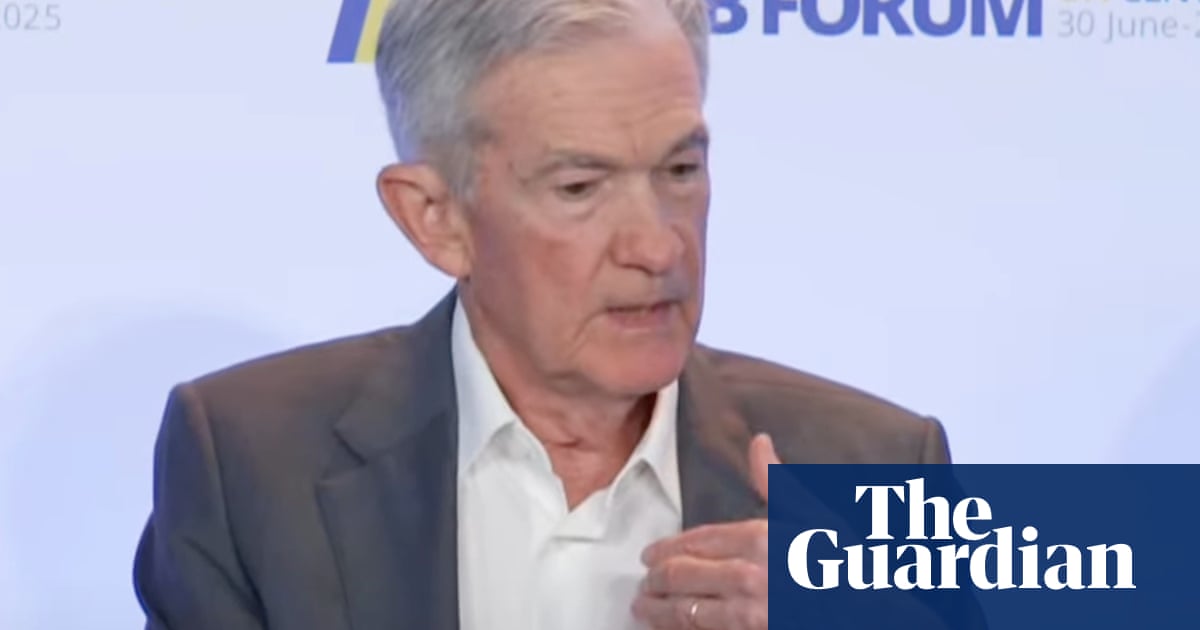The dismantling of the US Agency for International Development (USAID) has captured headlines, but “very regrettable” reductions in European aid budgets are also contributing to a void in support for some of the poorest people in the world’s most fragile states, according to MEPs and NGOs.
Isabella Lövin, a deputy chair of the European parliament’s development committee, said USAID cuts would have “very dramatic consequences around the world”. But she also criticised recent decisions by EU member states to reduce their aid budgets as “very regrettable” and “wrong”. It would be impossible for the EU to fill the gap, she added.
“If we’re thinking about global security and stability then the EU and its member states need to invest in democracy, in poverty eradication, in supporting communities and citizens in developing countries. That is a way to prevent conflict and prevent involuntary migration and instability that we don’t want to see,” said Lövin, a former Swedish international development minister.
Germany, the largest donor in the EU, which spent 0.79% of its national income on overseas development assistance in 2023, is on track to cut its aid budget under Friedrich Merz’s government, according to a coalition agreement announced last week, which avoids any promise to maintain the 0.7% UN spending target. The German government reduced its aid budget by €1.6bn in 2023 and trimmed a further €1bn in 2024, according to Concord, an umbrella group of development NGOs.
France, Italy and Spain were also among the majority of EU countries that cut development aid in 2024 compared with the previous year, the NGO said. And outside the EU, the UK is on track to take its aid budget to the lowest level since records began, forecast to spend just 0.23% of national income in 2027.
Charlotte Slente, the secretary general of the Danish Refugee Council (DRC), one of Europe’s largest NGOs, has urged the British government to think again about its decision to cut its aid budget to fund defence. “Security is not only the hardware, security is also soft power. And if you don’t invest in humanitarian issues and support for populations in need, you might see more conflict, you might see more displacement, you might see more insecurity,” she said.
Slente said she foresaw “some difficult years” ahead as increasing humanitarian needs meet shrinking budgets. The DRC has forecast an increase of 6.7 million displaced people by the end of 2026, adding to the 122.6 million people around the world who have been forced to flee their homes due to conflict, political turmoil or climate-induced disaster.
Within hours of taking office, Donald Trump announced an immediate 90-day freeze on all US foreign assistance, including more than $40bn for international projects via USAID. The US was the world’s largest aid donor, spending $65bn on official development assistance in 2023, 0.24% of national income, according to the Organisation for Economic Co-operation and Development.
For the DRC the impact was instant. USAID had provided one-fifth of its funding, contributing to 24 out of its 40 programmes, such as cash assistance for hungry people in Sudan, tackling child malnutrition in Cameroon and clearing mines in Colombia.
Since the cuts, the NGO has laid off 1,400 people, “many of whom work in labour markets where it is not very easy to find new jobs”, Slente said. The council estimates that 2 million people will not be reached as a result of USAID cuts. “It is unprecedented in the 70-year history of our organisation that you have cuts carried out in this way,” Slente said.
“All of that has been cut from one day to the next meaning that some of the internally displaced people in Afghanistan now wanting to return to their villages are no longer able to do so because there’s no safe drinking water or sanitation available,” she said.
Slente expressed concern about the “vast void” opening up between emergency aid and economic development programmes, which could leave behind millions of poor people that do not fall neatly into either category. Those countries most likely to be overlooked, she suggested, were fragile states that “maybe don’t have immediate humanitarian needs” but lack stable governments attractive to western donors interested in infrastructure projects.
She added: “I think there is a risk here that everyone will then crawl into that corner of saving lives again and again, and not building up the resilience of the populations; for instance by providing support for people being able to sustain their own living.”
after newsletter promotion
Lövin, a Green MEP and former Swedish deputy prime minister, criticised the emphasis on aid geared to EU access to raw materials, energy and controlling migration, namely the global gateway, the bloc’s answer to China’s belt and road initiative. Launched in 2021, the global gateway aims to raise €300bn (£260bn) in public and private funds over five years to develop infrastructure projects in less developed countries.
“Some of these projects may be good, but you can’t have those projects in conflict-affected areas and countries, and the least developed countries and fragile countries. Because you don’t have the investment security there and so businesses will not go there,” she said.
European development cooperation “needs to actually go back to its roots to really work long term on poverty eradication, on empowerment of the people and looking at their specific needs and not the needs of the donor”, she said.
Instead, she called on the EU to work on topics, such as democracy, gender equality and sexual and reproductive health – “these things that the Trump administration is ideologically against”.
The US was “setting up the perfect storm” with devastating cuts to its aid budget and “absurd” tariffs on poor countries, Lövin said. She was speaking before Trump revoked the “reciprocal tariffs” for 90 days, although all foreign imports to the US face 10% duties and uncertainty remains high.

 2 months ago
71
2 months ago
71


